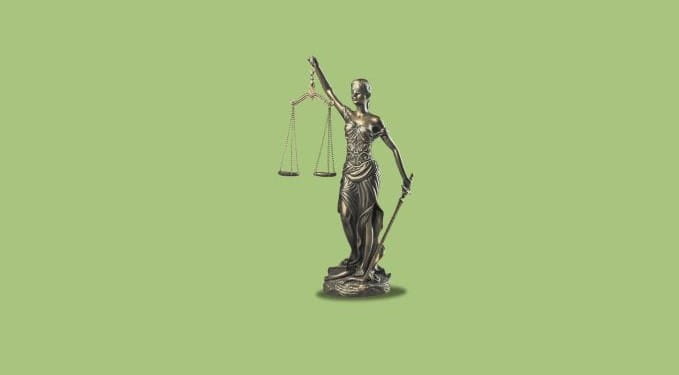As a member of the International Federation of Accountants, ICAEW is required to incorporate revisions to its Code of Ethics which have been introduced by the International Ethics Standards Board for Accountants (IESBA). Some of the new provisions consider the impact of technology on the profession and related matters.
In order to be as futureproof as possible, the revisions are principles-based and apply to all technologies. Specifically, the revisions:
- provide guidance on applying the Fundamental Principles in the Code to the challenges introduced by the digital age;
- advocate a robust approach to the mindset and behaviour required of professional accounts in both business and in public practice as they navigate technological change; and
- strengthen the International Independence Standards by clarifying when firms and network firms are permitted to provide a technology-related non-assurance service to an audit or assurance client.
The Fundamental Principle of Professional Competence and Due Care now requires professional accounts to maintain a continuing awareness and understanding of technology-related developments relevant to their professional activities. In addition, there is an obligation on to be able to explain the limits of any relevant technology-related matters to clients.
The revisions introduce a new definition of “confidential information”. This is now defined as: “Any information, data or other material in whatever form or medium (including written, electronic, visual or oral) that is not publicly available.”
The new revisions now require professional accounts to take active steps to ensure the confidentiality of information throughout the entire data governance cycle.
Once information is subject to the duty of confidentiality, professional accounts cannot disclose or use it (even internally), save in the limited circumstances set out in the Code. This restriction applies even if the information subsequently enters the public domain (either properly or improperly).
The revisions clarify that the prohibition on the improper use of confidential information extends beyond using it for the personal advantage of the professional account. The prohibition includes using such information for the advantage of the PA’s firm or employing organisation, or a third party.
The revisions include examples of potential self-interest threats associated with the use of technology, including whether the data available is sufficient; the technology is appropriate; or the professional account has sufficient information or expertise (or access to an expert) to use and explain the technology.
The section also sets out examples of self-review threats, such as whether the technology was designed or developed using the knowledge, expertise or judgement of the professional account or their employing organisation.
Significantly, the revisions now require professional accounts to exercise professional judgement in determining whether reliance on the output of technology is reasonable, and whether such outputs should be used in the preparation and presentation of information.
Guidance on factors to consider is now set out in the Code, including those relating to “complex circumstances”. The importance of a professional account having an inquiring mind is also relevant here; PAs should not become overdependent on the use of technology.
In addition, the revisions clarify that where technology is used in performing a professional activity for an audit client, the prohibitions on assuming management responsibility for that client still apply, regardless of the nature or extent of such use of the technology.
See guidance in full
This article offers an overview of ICAEW guidance on the changes relating to role and the impact of technology in the 2025 Code of Ethics. Read the guidance in full to understand the details of the changes.
Get ready for the new Code
On 4 April ICAEW recorded a webinar outlining the changes to ICAEW's Code of Ethics from 1 July 2025. Watch the recording to hear from experts on the evolving role and mindset of accountants and new provisions related to technology.




